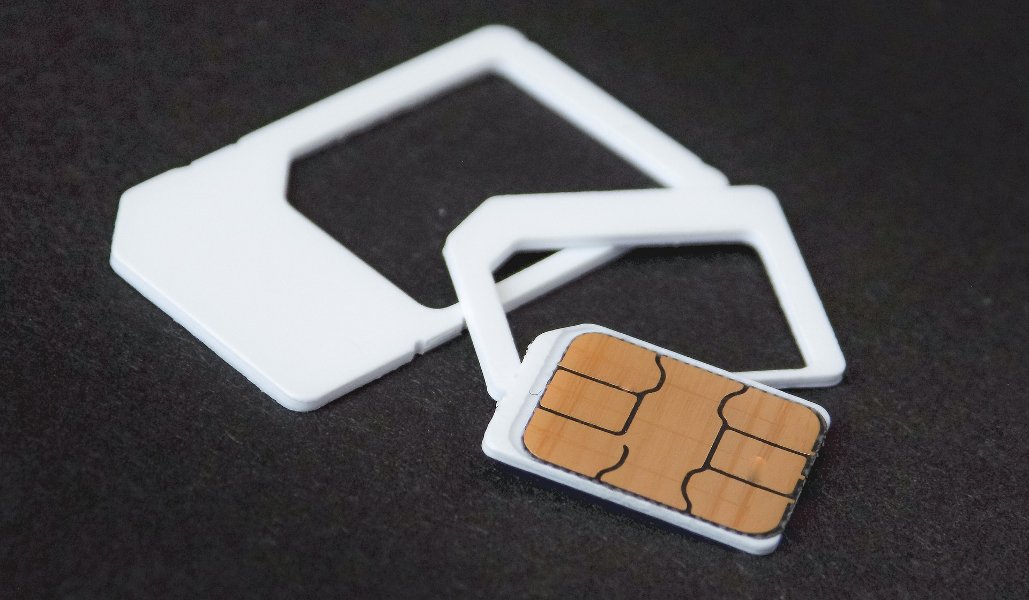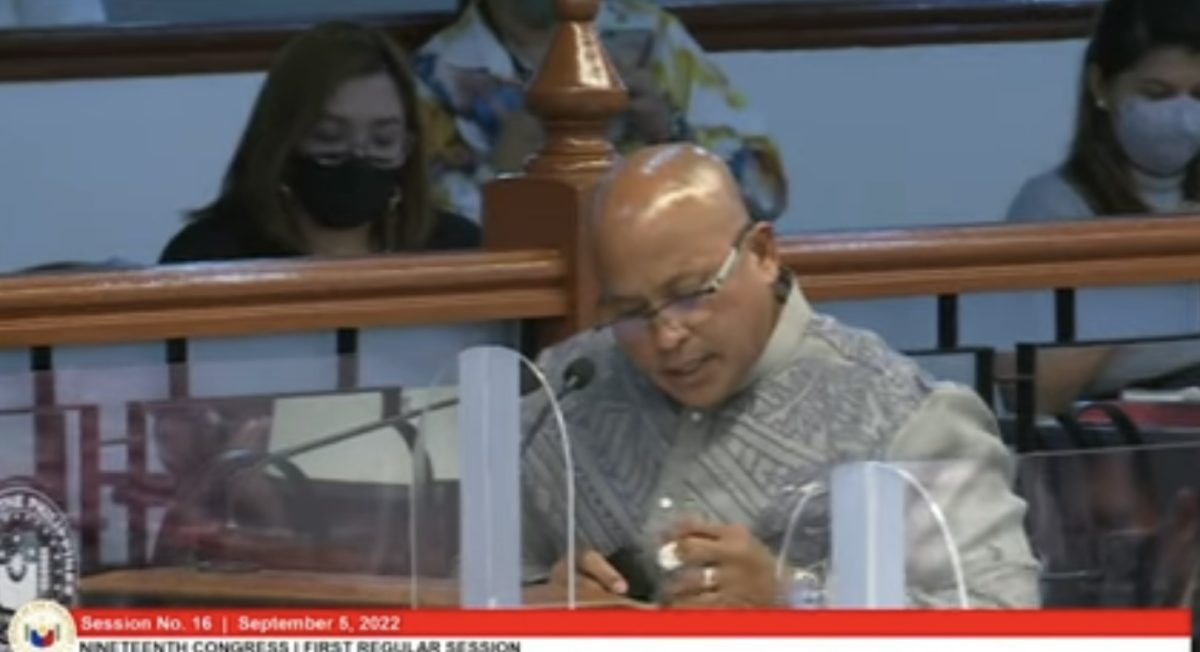Human rights groups jointly called on Congress to repeal or “substantially amend” the SIM Card Registration Act on grounds it may put the right of individuals to free speech and privacy at risk.
“We are concerned about the grave risks that the SIM Card Registration Act poses to the rights to privacy, free expression and information, association, and non-discrimination in the Philippines,” a joint statement signed on March 9 by 10 human rights organizations said.
Congress ratified the SIM Card Registration Act on Feb. 2; it lapsed into law on Mar. 4. Under the law, public telecommunications entities (PTE) must submit subscriber personal information to a centralized database, which the Department of Information and Communications Technology can access.
One of its provisions is that Filipinos who use “fictitious identities to register SIM cards or social media accounts” may be sent to jail for a minimum of six years or pay up to P200,000 in fines. Further, all social media accounts created must now use a person’s real name and phone number.
Putting restrictions on anonymity is discriminatory, may cause “a chilling effect” – a phenomenon which deters an individual from doing something for fear of legal consequences – and discourage the practice of freedom of expression, according to the human rights groups.
The law aims to curb trolling, hate speech, the spread of online disinformation or “fake news” and other online-related crimes.
The organizations, citing the United Nations General Assembly on disinformation and freedom of opinion, said the law is incompatible with human rights laws and principles. They also said deterring false information is “not in itself a legitimate aim” and there is no legitimate justification for the restriction of human rights.
The human rights watchdogs also noted a provision in the law that empowers relevant government agencies to order PTEs and social media providers to disclose information without any third-party oversight, an act they believe encourages an “unfettered and potentially unlawful” access to data.
Further, they stated: “While we acknowledge the need to curb fraud and other crimes, we urge the Philippine authorities to do so in a manner that respects and ensures the rights to privacy, free expression and information, association and non-discrimination.”
The following organizations signed the statement: Access Now, ARTICLE 19, Association of Southeast Asian Nations (ASEAN) Parliamentarians for Human Rights, ASEAN Sexual Orientation and Gender Identity Expression Caucus, Asian Forum for Human Rights and Development, Human Rights Online Philippines, International Lesbian, Gay, Bisexual, Trans and Intersex Association Asia, In Defense of Human Rights and Dignity Movement, International Commission of Jurists and Open Net.
Read the full statement here:

